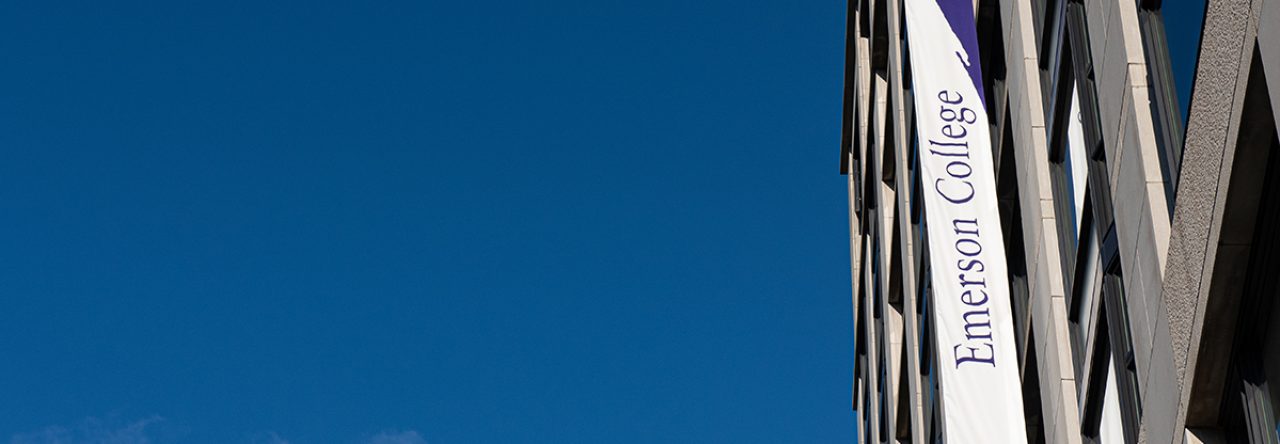Faculty Advancement Fund Grant (FAFG): Now Accepting Applications for AY23-24
The Faculty Advancement Fund Grant, Emerson College’s flagship program for support tenure-line faculty research and creative scholarship, is now accepting applications for funding in Academic Year 2022-23. Pre-approvals are due…
